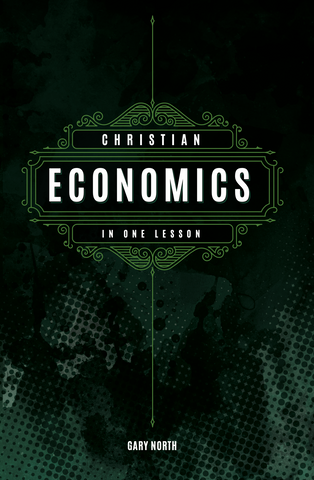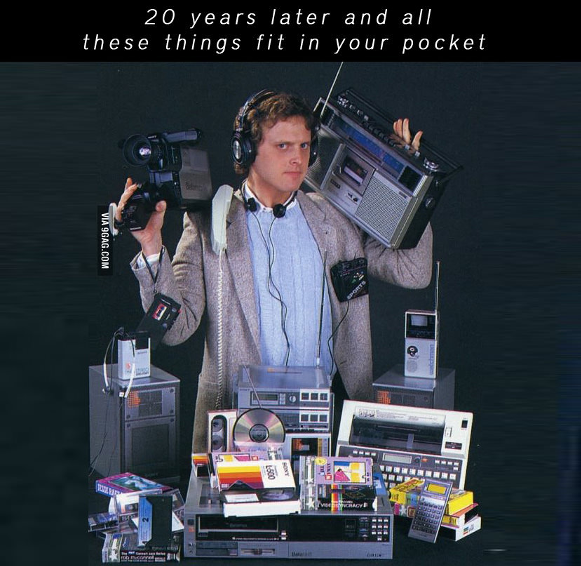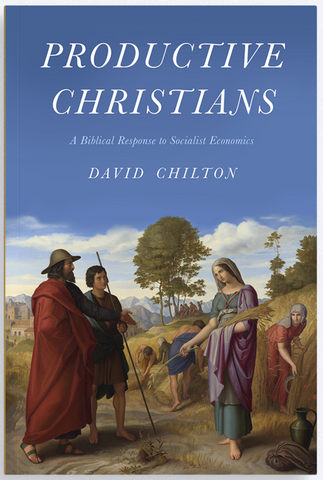The rich often get a bum rap. Liberals are incensed when it’s suggested that “the rich” get any type of tax reduction even though the top 50% of wage earners pay 96% of all income taxes. Do you remember the 2016 presidential debate when the very rich Hillary Clinton attacked Donald Trump for not paying his “fair share” in taxes? Trump pointed out that Clinton and here rich friends used the same tax “loopholes.” The following passes for economic parity: “Feed the Poor. Eat the Rich.” I’ve seen numerous items for sale with “Guillotine the Rich” on everything from t-shirts to jewelry.
When politicians call for higher taxes on corporations, many people cheer without realizing they are cheering for higher taxes for themselves. Corporations pass taxes on to consumers like they do for every expense they have including salaries, utilities, insurance, property taxes, transportation, and there are a lot of expenses.
Robert Reich, who claims to be an economist, doesn’t know much about economics.

Where is that 100 million dollars going? To pay all the people and companies needed to build Zuckerberg’s compound. Somehow this is evil but taxing people and spending what’s confiscated on non-earners and foreign nations who do nothing to earn it is said to be “compassionate.” It’s theft!

Christian Economics in One Lesson
Christian economics must begin with the issue of ultimate ownership. This sets it apart from modern economic analysis, which begins with the issue of scarcity. Second, this leads to the issue of theft, which in turn raises the issue of ethics. The ultimate form of causation in human history is ethical: right vs. wrong. Modern economists do not share this view. In fact, it goes beyond this. They openly reject it. They proclaim economic analysis as value-free—this is self-deception. It is a variation of an ancient temptation: “Hath God said?” Yes, He has. “Thou shalt not steal.”
Buy NowWithout the rich (and they’re not all billionaires), most people would not have jobs or the many things the non-rich use every day. The first computer American Vision purchased in the mid-1980s cost $7500. Today, a computer costing $300 is better in computer power than anything imagined in the 1980s. Cell phones, tablets, smartphones, streaming video, and more are marvels of technology, and they’re cheap. The printing industry has been revolutionized by technology developed and financed by people and companies with lots of money. Today, I turn on my fully loaded computer with all types of programs that only the richest companies owned and could afford just a few decades ago. In fact, they didn’t exist a few decades ago.
What took weeks to prepare all the needed pieces to publish a book, I can prepare it in a few days and send it via email in an electronic format called a PDF. If hard copies aren’t my pleasure, I’m able to choose any number of electronic versions of my published books. The non-rich are writing, producing, and selling books on Amazon thanks to many anonymous rich people who made it possible. Electronic versions of books are sent around the world at no cost within seconds.
Smartphones are technological marvels. They’re loaded with applications that would have cost millions of dollars years ago. They were only available to “the rich” if they even existed. But competition among rich people and companies brought once-expensive devices to the masses. Check out this outdated list of just 50 things a smartphone has replaced.

People have shot, edited, and produced films using a smartphone.
What made these performance gains and price reductions possible? People with lots of money purchased the first high-priced machines. They had the financial ability to lay out “excess” capital for what most people would consider luxury items. These once luxury items are now so cheap that even some homeless people have them.
The research and development costs of any new technology are enormous. That’s why the initial entry of new products into the market is expensive and only wealthy people can afford the latest technology. But over time, when costs are recouped and production increases because of increased sales, costs and prices fall. Additionally, competitors enter the market. This happened with the automobile and the computer industry. Competition lowers costs and increases innovation for everyone.
Slamming the rich by contending that they should pay more in taxes to equalize income does accomplish what it claims to do. Look at Cuba. It’s “revolution” from the 1950s stalled the day it began. The only people who benefitted were Castro and his closest friends.
The long-term result of envy is the destruction of the prosperous person’s ability and incentive to create wealth. In the end, the destroyed crops, the poisoned well, the high taxes hurt all of us. With no discretionary capital, there is no one to buy those initially expensive goods that make life easier for all of us. So, instead of envying the rich, thank him or her and work to be like them.
Envy appears early in history when the Philistines envied the prosperity of Isaac:
Now Isaac sowed in that land, and reaped in the same year a hundredfold. And the Lord blessed him, and the man became rich, and continued to grow richer until he became very wealthy; for he had possessions of flocks and herds and a great household, so that the Philistines envied him. Now all the wells which his father’s servants had dug in the days of Abraham his father, the Philistines stopped up by filling them with earth (Gen. 26:12–15).
The Philistines could have dug their own wells and inquired of Isaac to learn the methods of his success. Instead, they destroyed his property to bring him down to their standard of living. With Isaac’s wells sabotaged, a drought would affect Isaac and the Philistines equally. But enviers don’t think ahead.
Modern-day economic theory feeds off the sin of envy. The first step is to promise the citizenry that they will get some of the largess of the rich. When that only goes so far, legislators will make it more difficult for the prosperous to remain prosperous. Obstacles will be put up to stifle their success, all in the name of “fairness.” We’ve seen it happen before, and it’s destroyed nations and impoverished hundreds of millions.

Productive Christians in an Age of Guilt Manipulators
First published nearly half a century ago, it is more relevant and more prescient than ever. Chilton’s crystalline prose and take-no-prisoners style is as entertaining as it is informative. This is the way books on economic issues should be written: biblical, understandable, and practical. This new edition also includes a 23-page appendix that Chilton wrote 43 years ago. "Studies in Amos" is an eight-part article series originally released in 1980.
Buy Now
